Managing: What to do when employees are consumed by news of mass tragedies
Question 1: What to do when employees are consumed by news of mass tragedies
I supervise someone who subscribes to news alerts on his cell phone and via email, and he kind of obsesses about news when it’s something like the California shooting.
While it’s a tragedy, especially considering it’s workplace violence that could affect any of us, I don’t think it’s worth dropping everything to follow. It usually takes hours or days for the full story to come out anyway. A person can watch CNN on their computer or keep newspaper sites open and refresh every few minutes, so it really can be a distraction. These things are unfortunately far too common so it’s not exceptional enough to allow it to interfere with work, in my opinion.
If it were within driving distance, I’d be on alert, but if it’s hundreds or thousands of miles away, I don’t think we should let it affect our workday. 9/11 was special because it affected multiple cities and potentially every airplane until we knew it was only four planes. But for localized things far away, I’d rather wait until the 6:00 news, or do my job and then check the news during break. I wouldn’t stop working and sit in front of a TV or stare at a cell phone.
Is that unreasonable?
Answer
Oooof. Honestly, my answer to this is different right now than it would have been a few years ago. In general, I think that employers should make allowances for these kinds of shocking events. We’re all humans, and processing this stuff is tough. You can realistically expect people to be unaffected.
But in the current atmosphere in the U.S., where this kind of thing is happening so frequently? With two separate mass shootings just last week? There is a point where someone being consumed by each and every one would start having a real impact on their work and where it’s reasonable to ask people to at least try to return to work.
But the key is communicating that in a way that doesn’t sound terribly callous and insensitive. You don’t want the message to be “work is more important than this tragedy” because work isn’t generally more important (emergency workers, etc. excepted). Rather, the message is more “this is awful and I so understand the impulse to follow it closely throughout the day, but we also need to find a way to keep work moving.”
That’s why the language in your letter probably isn’t the language to use with your employee; when you talk to him, you want to sound more sensitive to why he’s finding it tough to turn away. (Some of the framing is also open to debate. For example, I’d argue that 9/11 was different because it was a large-scale terrorist attack on our cities, not for the reasons you cited, but it’s better to stay away from that kind of thing anyway because it’ll distract from your point.)
I think, too, you want to use your judgment case-by-case. If a tragedy is close to home or hits an employee particularly hard for a personal reason, you might handle it differently. And if someone is visibly shaken and can’t return their focus to work, you could suggest they use PTO and leave early, as well as suggesting that they get in touch with your EAP if you have one. If their work truly doesn’t allow for leaving early (and some jobs don’t), you could say, “I’d love to be able to give you the rest of the day off, but unfortunately I can’t because X. But here’s what I can do (excuse you from that meeting, let you leave as soon as Y is done, or whatever).”
And one more caveat: If this person is an exempt employee whose productivity isn’t significantly affected by this and who can generally be trusted to manage his own time (and who may be working extra hours the rest of the week/month to get everything done), I wouldn’t even address it.
Each week Alison Green, who also writes the "Ask a Manager" website, answers workplace and management questions from readers.

